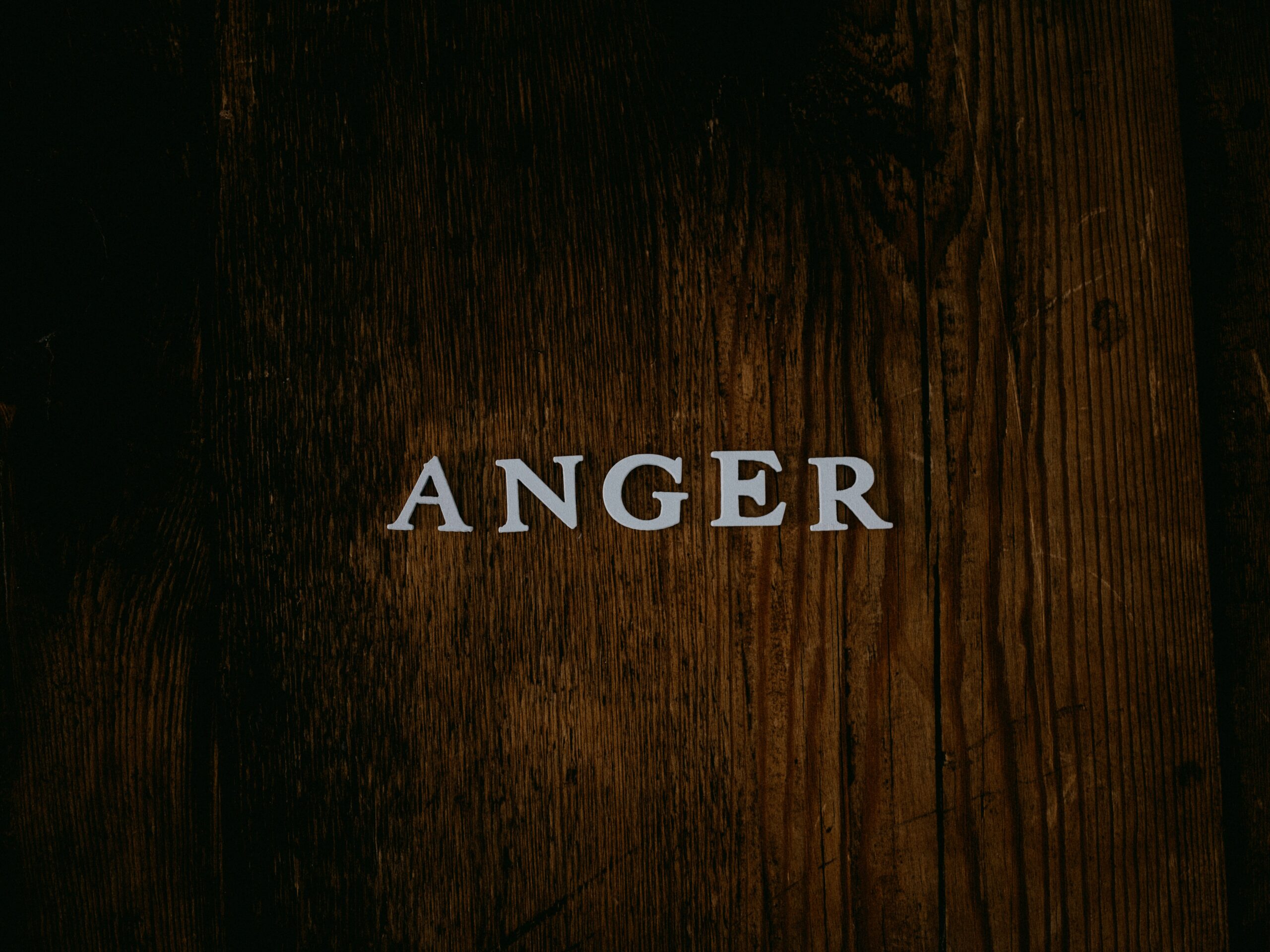It’s a fiery emotion that can both spur us into action and lead to our downfall. Anger – when unleashed – can burn bridges, but when harnessed, it can be a powerful catalyst for self-discipline. Here’s the lowdown on how anger and self-discipline are more connected than you might think.
The Heat of the Moment
Anger often gets a bad rap as an emotion that’s purely destructive. Yet, psychological research suggests that anger can actually be motivating. It can propel us to take action against injustices or push us to overcome obstacles. The key is channeling that energy without letting it spark into a wildfire.
The Flame of Focus
When anger is controlled, it can narrow our focus, providing a laser-like concentration on our goals. This intensity, if guided correctly, can bolster our self-discipline, driving us to stick to our plans and resist temptations that would derail us. Frijda (1986) argued that emotions like anger have the power to change our priorities, placing the focus on urgent actions over immediate pleasures.
Taming Anger
The secret to transforming anger into a force for self-discipline lies in emotional regulation. By recognizing the signs of anger early and understanding its source, we can channel this emotion into a disciplined response. Cognitive-behavioral strategies, as suggested by Deffenbacher et al. (1996), can be particularly effective in managing anger and enhancing self-control.
In Conclusion
Instead of letting anger control you, take the reins and use it to fuel your self-discipline. Acknowledge the emotion, understand its triggers, and redirect that energy towards productive action. When managed wisely, anger isn’t just a spark that flies in a moment of frustration—it’s a force that can ignite the drive for personal excellence.
References
Frijda, N. H. (1986). The emotions. Cambridge University Press.
Deffenbacher, J. L., Oetting, E. R., & DiGiuseppe, R. A. (1996). Principles of empirically supported interventions applied to anger management. Counseling Psychologist, 24(2), 209-235.
Image Source: Feature Photo by Annie Spratt on Unsplash
